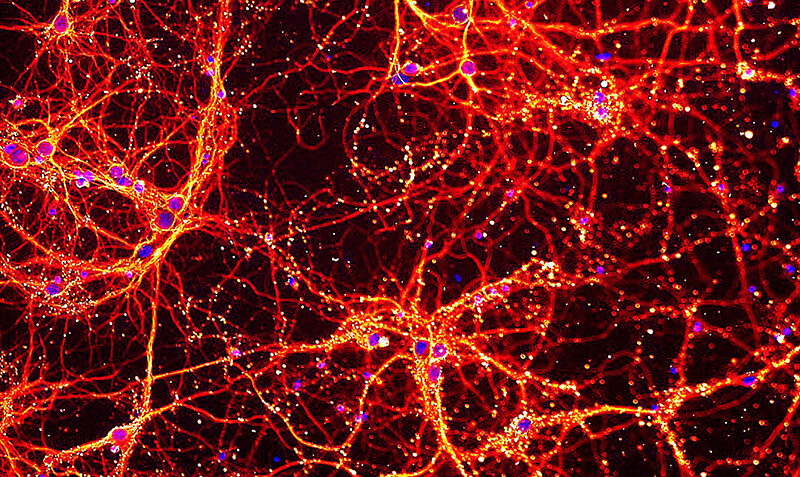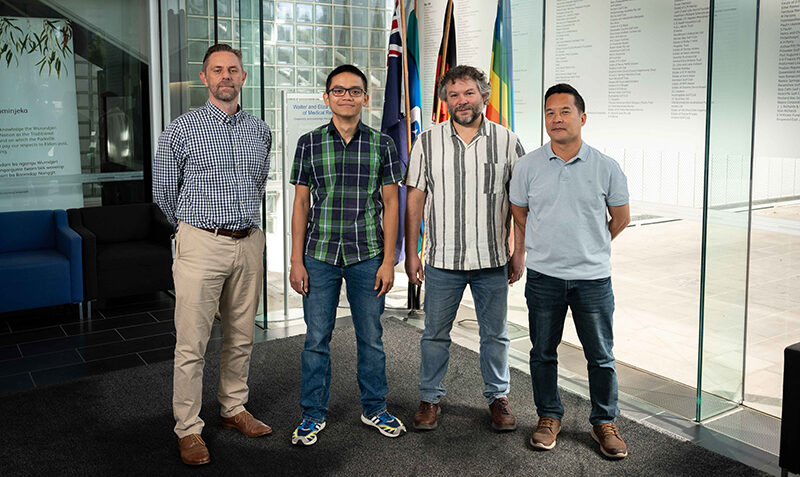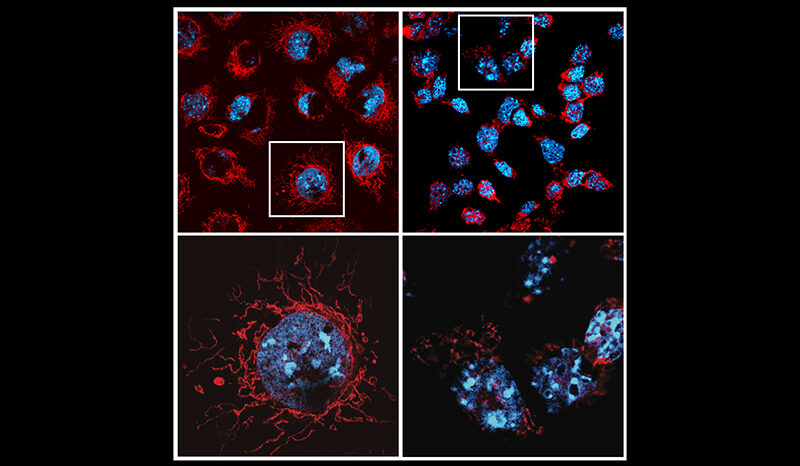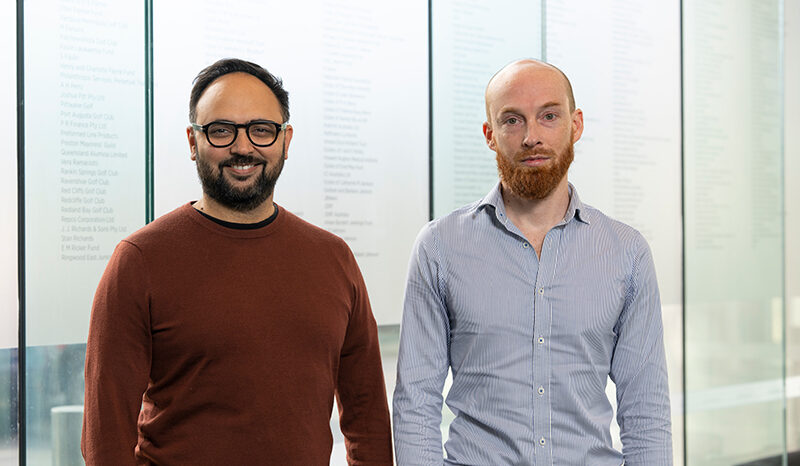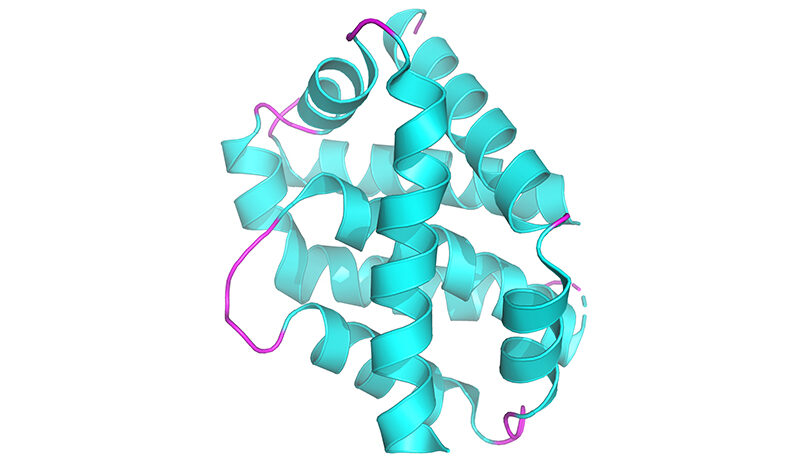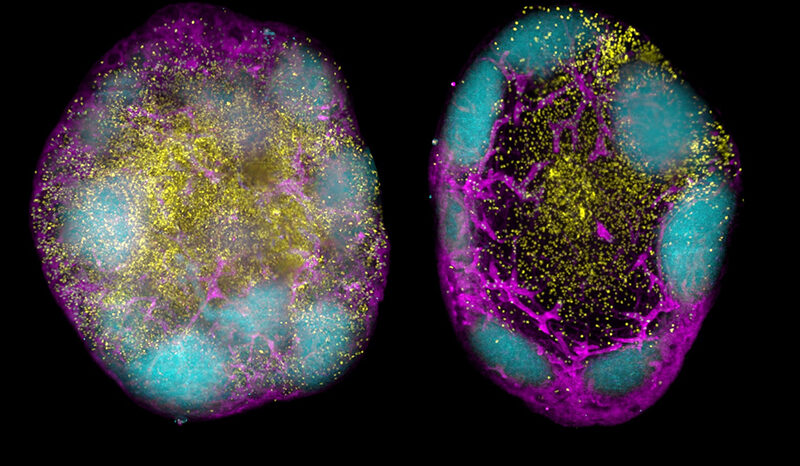Microcephaly is a neurodevelopmental condition leading to an underdeveloped brain that adversely affects learning and behaviour.
About 1 in 2,000 babies in Australia are reported to have microcephaly. There currently is no known cure or standard treatment for the disorder.
Neurons are the fundamental building blocks of the nervous system, responsible for transmitting electrical and chemical signals that enable communication between different parts of the body and the brain.
The new WEHI-led study is the first to show that Trabid plays a critical role in the development of healthy neurons by ensuring they are guided correctly in the developing brain – ultimately enabling normal brain function and behaviour.
Co-lead author, Associate Professor Grant Dewson, said the findings may aid diagnosis and treatment of neurodevelopmental disorders in the future, with 2.5 million Australians believed to be living with one of these conditions.
“Our understanding into how neurodevelopmental conditions, like microcephaly, develop continues to grow,” Assoc Prof Dewson, a Laboratory Head at WEHI, said.
“While previous research has indicated there could be a link between defects in Trabid and microcephaly, our study is the first to provide evidence for the gene’s function in neuronal guidance –filling a vital knowledge gap.”
The study, with first authors Dr Daniel Frank, Dr Maria Bergamasco (now at Charles Perkins institute, University of Sydney), Dr Michael Mlodzianoski, is published in the journal, eLife.



